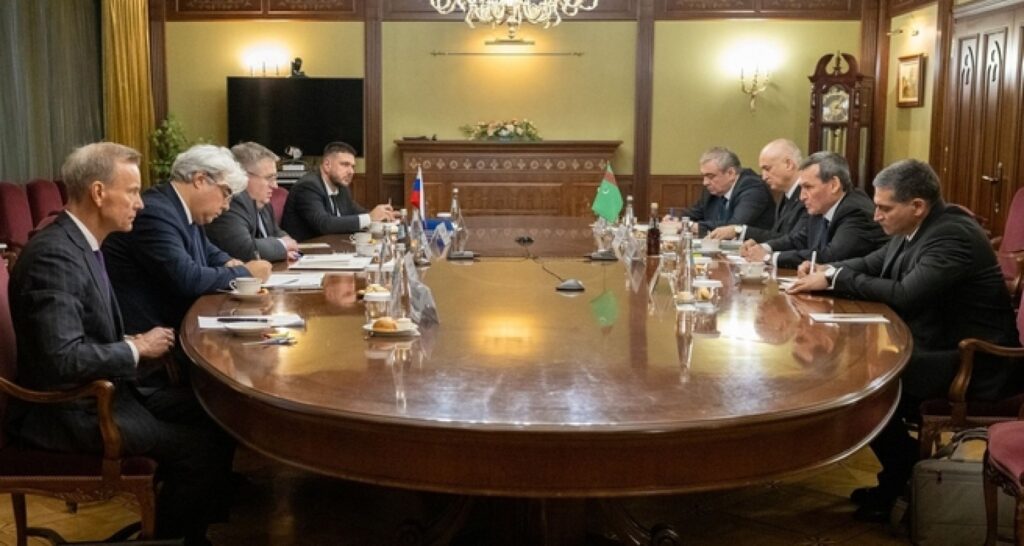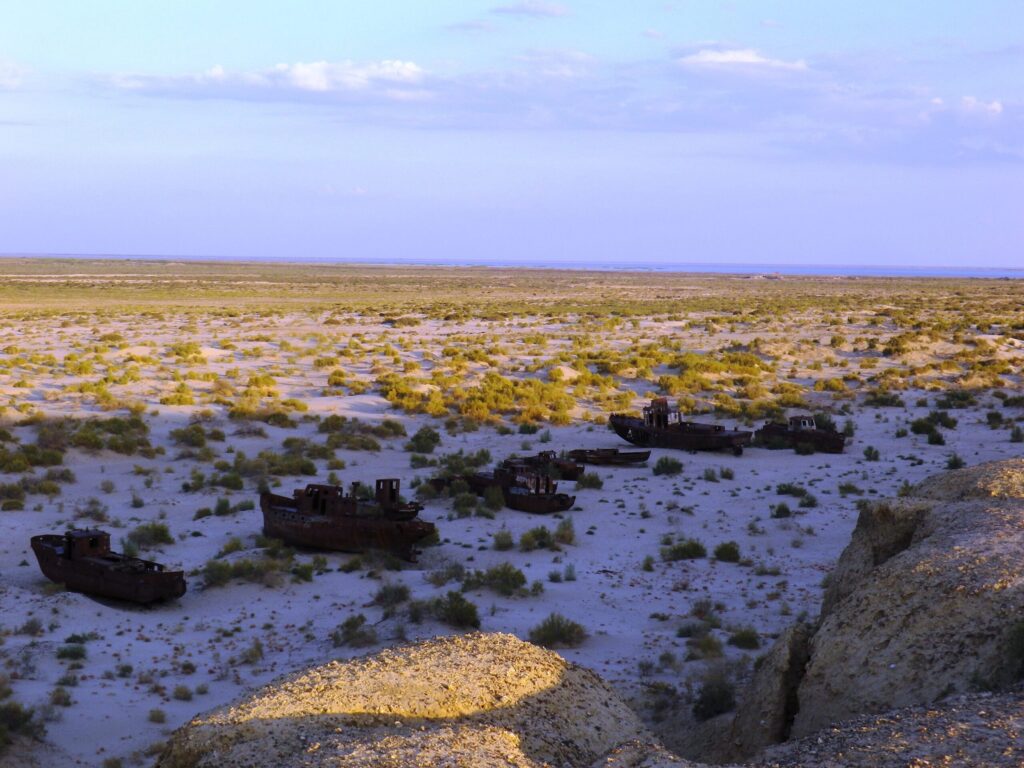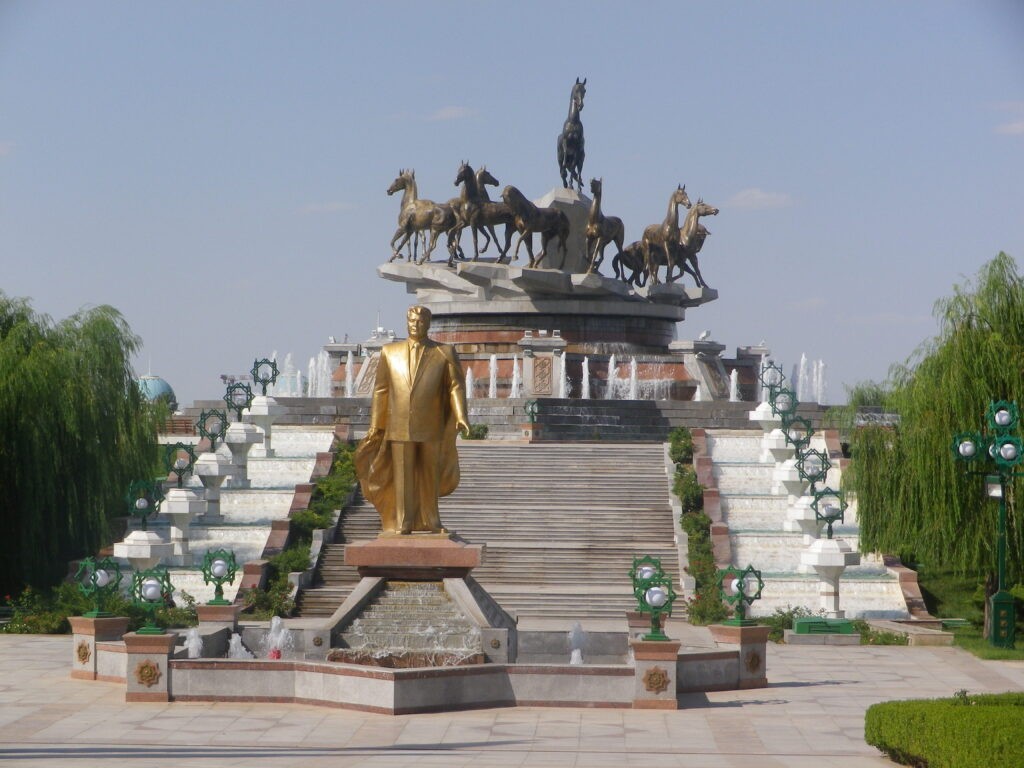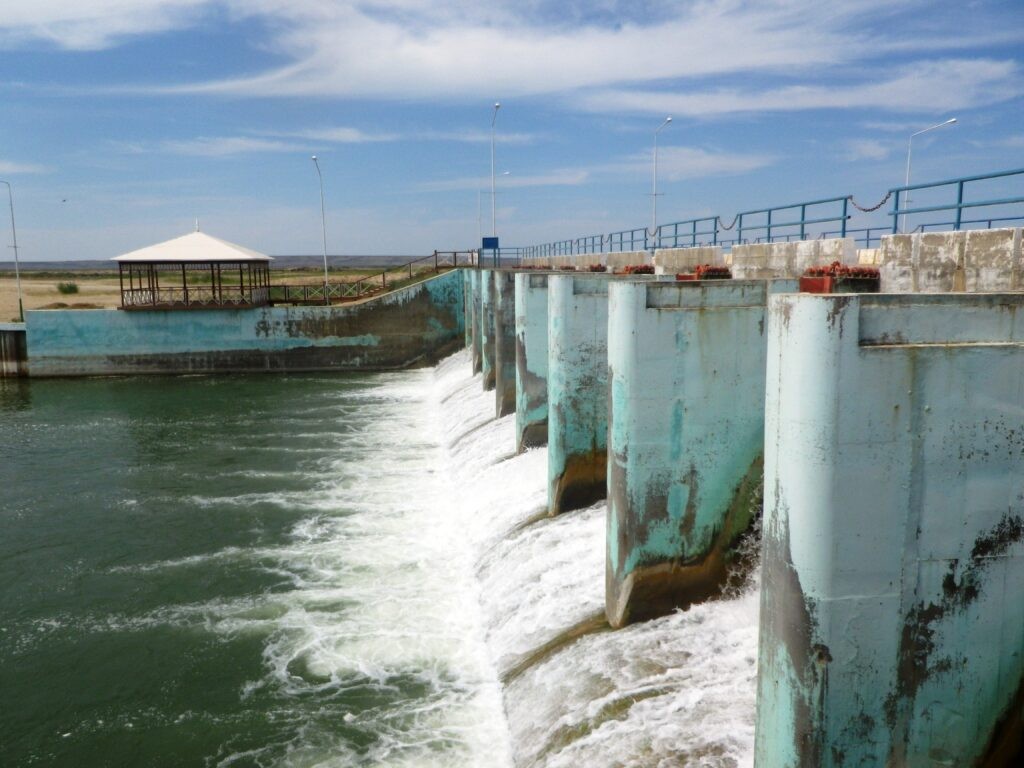Turkmenistan Preparing for Accession to Global Methane Pledge Program
The upcoming Climate Change Conference to be held in Dubai became the main topic of a recent cabinet meeting held by President Serdar Berdimuhamedov. At the meeting, Foreign Minister Rashid Meredov reported on preparations for participation in the 28th Conference of the Parties to the UN Framework Convention on Climate Change (COP-28) to be held from November 30th to December 12th. Turkmenistan's accession to the Global Methane Pledge (GMP) program will be announced at the meeting as one of the main steps in countering climate change. At the meeting, Meredov proposed that Turkmenistan “continue cooperation with international organizations and partner countries in the framework of joint projects and programs aimed at fulfilling GMP conditions at a national level.” In other words, in order to meet GMP quotas, Turkmenistan is counting on the support of and joint projects with international organizations and partner countries. Advisor to the President on Oil and Gas Issues, Ashyrguly Begliyev reported on the work of the Natural Gas Research Institute of the State Concern, Turkmengaz and the Institute Nebitgazylmytaslama of the State Concern, Turkmenneft. Their work is related to the fulfillment of the conditions of the GMP. Begliyev also spoke about taking “concrete steps to reduce methane emissions into the atmosphere, including through the use of modern technologies in the fields of energy, industry and transport.” Precisely what actions will be taken remain unclear, however. Deputy Prime Minister Batyr Amanov, who oversees the oil and gas industry, also reported on cooperation with German partners to increase the volume of hydrocarbon production. In particular, the importance of modernizing gas compressor stations subordinated to Turkmengaz was emphasized.








